Special Report
The Most Innovative Companies

Published:
Last Updated:

The number of patent grants awarded in the United States fell in 2015 for the first time since 2007. In all, the U.S. Patent and Trademark Office (USPTO) granted 298,407 patents for intellectual property, down from just over 300,000 in 2014.
According to a 24/7 Wall St. analysis of data provided by IFI CLAIMS Patent Services, Korean conglomerate Samsung Electronics passed 2014 leader IBM by being granted the most patents in 2015. Including Samsung’s subsidiaries, the company was awarded more than 8,000 patents last year, while IBM was awarded 7,355. These companies and others spend hundreds of millions, and often billions of dollars, to discover the next big thing and gain an advantage over competitors. 24/7 Wall St. reviewed the most innovative companies.
The decision of how much to spend on developing new technology can be a difficult one for companies. Such a decision entails spending money in the immediate future to fund potential revenue streams down the road. IBM spent $5.7 billion on (R&D) in fiscal 2013. The following year, IBM’s R&D spending declined to approximately $5.4 billion, or about 6% of total revenue on R&D. Given that American corporations — particularly tech companies — appear to be in a relatively strong financial position, this decline in awarded patents may be surprising.
Click here to see the 25 most innovative companies.
Speaking with 24/7 Wall St., Larry Cady, senior patent analyst at IFI, explained that while the economy has rebounded and many of the industries that tend to apply for patents are doing well, the recovery has been uneven. Cady noted that while the economy appears to be doing well, “There’s probably a little bit of pressure to keep the balance sheet looking good, and so there might actually be pressure to reduce R&D spending” Cady said.
Reduced R&D spending is just one of many possible reason for the decline in patents awarded in 2015. Another contributing factor may be rules tightening at the U.S. Patent Office. Cady explained that the number of pending patents actually increased last year, indicating a possible slowdown in processing the patents. This slowdown may be partially the result of the Patent Office attempting to clamp down on the growing number of patent trolls — entities that patent or purchase intellectual property with no intention of developing the technology into a product. Instead, these organizations acquire patents for the sole purpose of suing companies that may possibly — and sometimes vaguely — be in violation of the patent.
The companies on this list, not surprisingly, are primarily technology giants with divisions that spend on multiple product segments. Samsung — the largest patent recipient last year — has a presence in consumer electronics, semiconductors, construction, petrochemicals, and more. Google — sixth on the list — has aggressively expanded the scope of its business in recent years and has transitioned from merely a powerful search engine into a diversified technology holding company. The company’s total awarded patents increased by nearly 25% last year, more than nearly any other major company.
While necessary to spur innovation, R&D spending does not always directly affect the number of patent grants awarded. Microsoft was awarded 2,830 patents in 2014 and only 2,412 in 2015. Meanwhile, Microsoft’s R&D spending increased from $11.4 billion in fiscal 2014 to $12 billion in 2015. Similarly, while R&D spending at Apple surged from $6.0 billion in fiscal 2014 to $8.1 billion in fiscal 2015, the number of patents the company was awarded declined from 2,003 in 2014 to only 1,938 in 2015.
The amount a company chooses to invest in R&D, both in dollar terms and as a share of its total budget, does not always translate directly to innovation. In 2014, IBM invested roughly $5.4 billion in R&D, or about 5.9% of its revenue that year. That same year, Microsoft allocated 13% of its revenue to R&D, or roughly $11.4 billion. Despite having an R&D budget half the size of Microsoft’s, IBM outpaced its competitor in innovation. While Microsoft was awarded 2,830 patents in 2014, IBM was awarded 7,534 patents, more than any other company in the world that year.
To identify the 25 most innovative companies, 24/7 Wall St. reviewed the companies with the 1,000 highest total number of U.S. Patent and Trademark Offices grants in 2015 from IFI CLAIMS Patent Services. IFI produces these data based on the entity listed as holding the patent. In order to arrive at a figure that more closely reflects a company’s total, 24/7 Wall St. combined the grants awarded to the company and its subsidiaries. It is important to note that while IFI CLAIMS Patent Services provided the data on USPTO grants, the aggregation of multiple entities under the same parent corporation is 24/7 Wall St.’s work alone. This number is an estimate only, as it excludes any patent-holding subsidiaries of a company that do not share the company’s name, and does not include companies outside of the top 1,000 patent grantees.
These are the 25 most innovative companies.

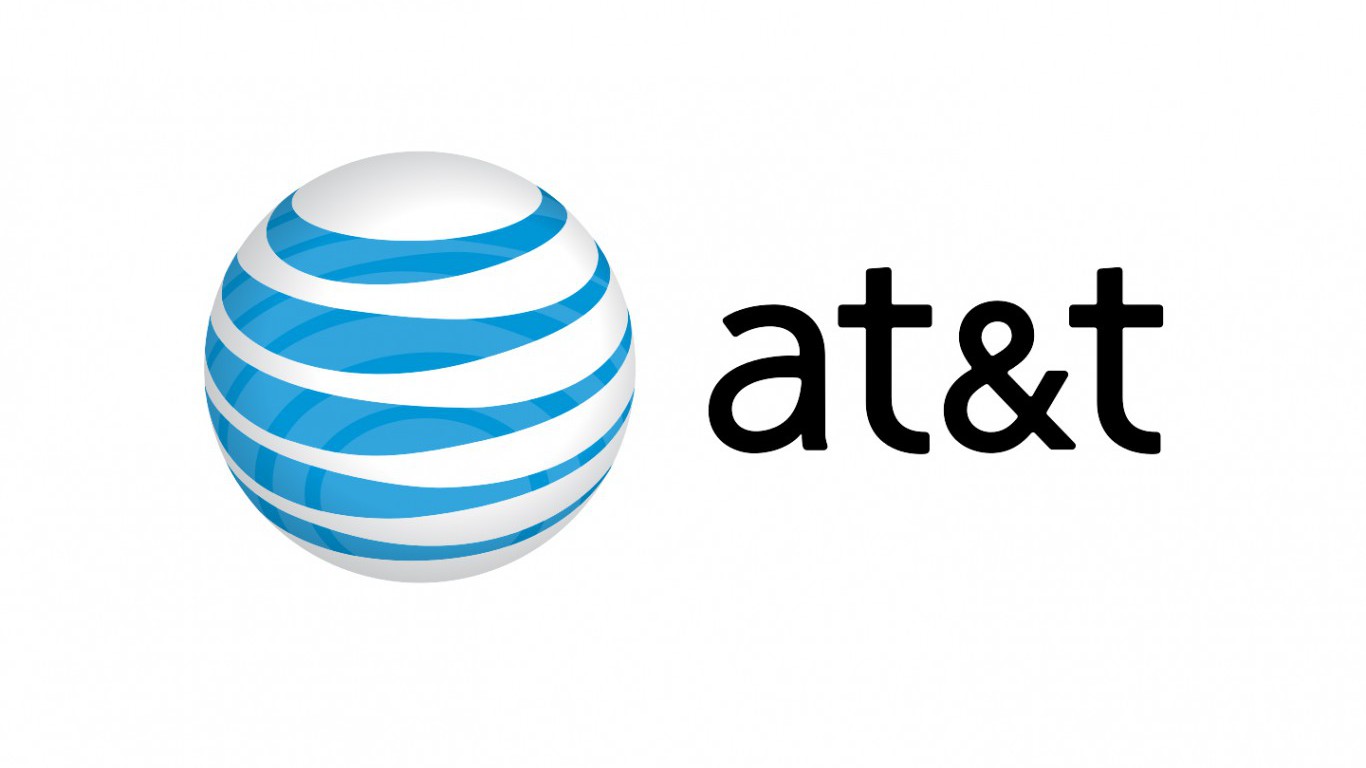
25. AT&T
> 2015 U.S. patents: 1,246
> 2014 U.S. patents: 1,902
> Pct. change 2014-2015: -34.5%
> Country: United States
> Products: Mobile network
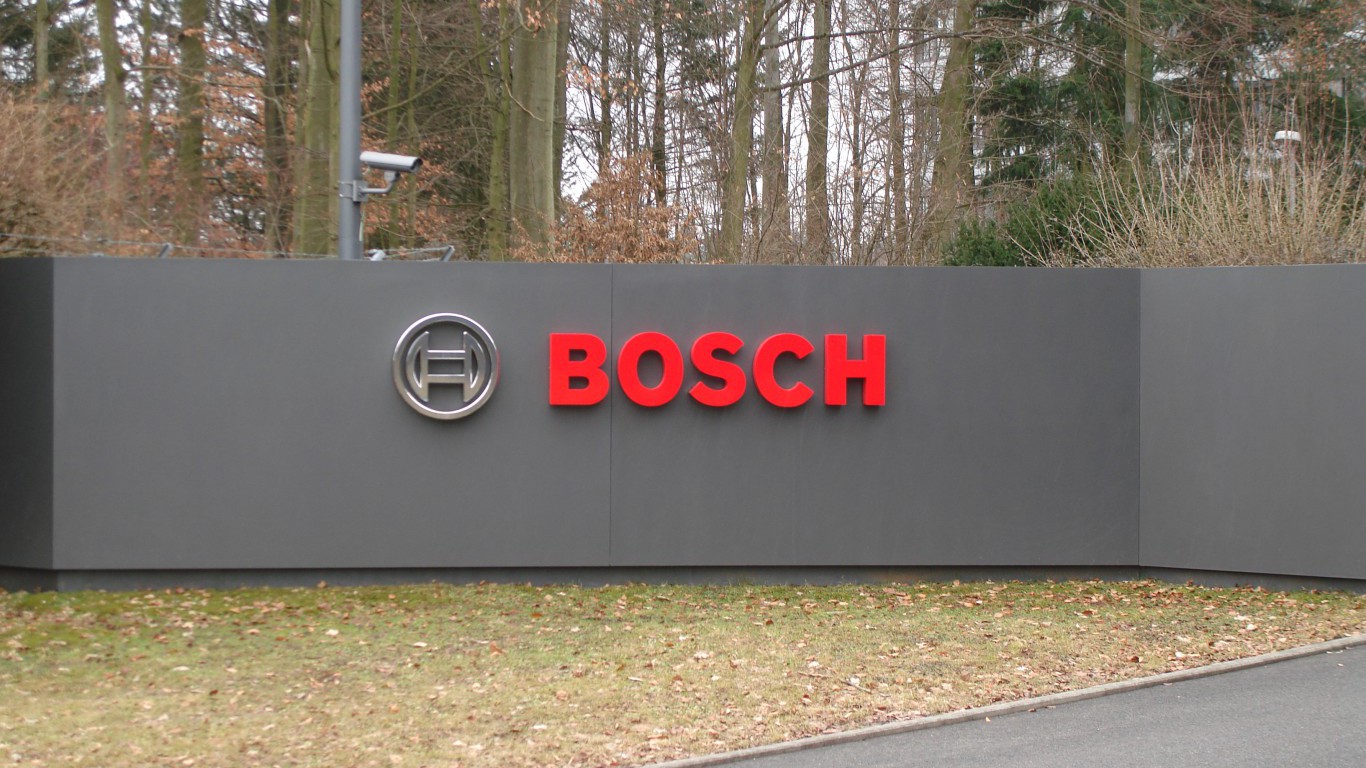
24. Robert Bosch GmbH
> 2015 U.S. patents: 1,299
> 2014 U.S. patents: 1,259
> Pct. change 2014-2015: 3.2%
> Country: Germany
> Products: Power tools, home appliances
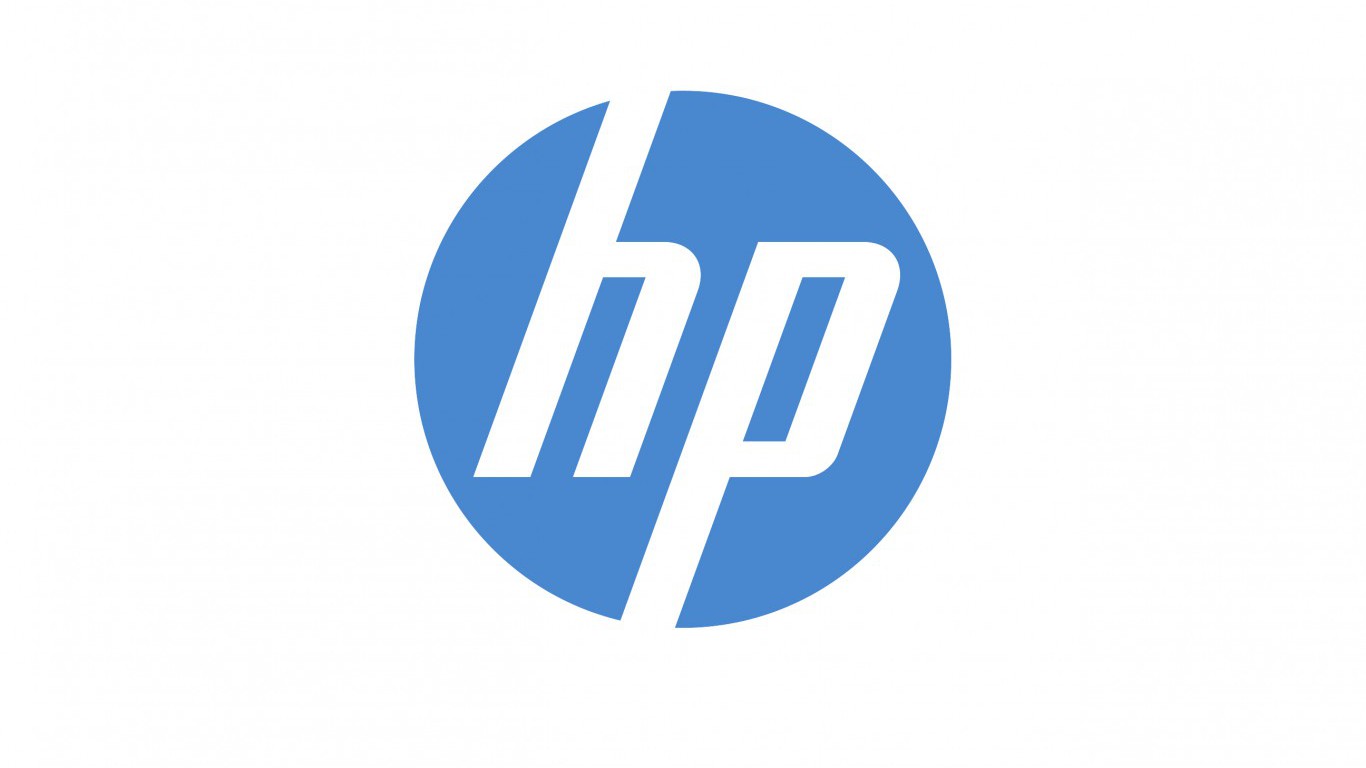
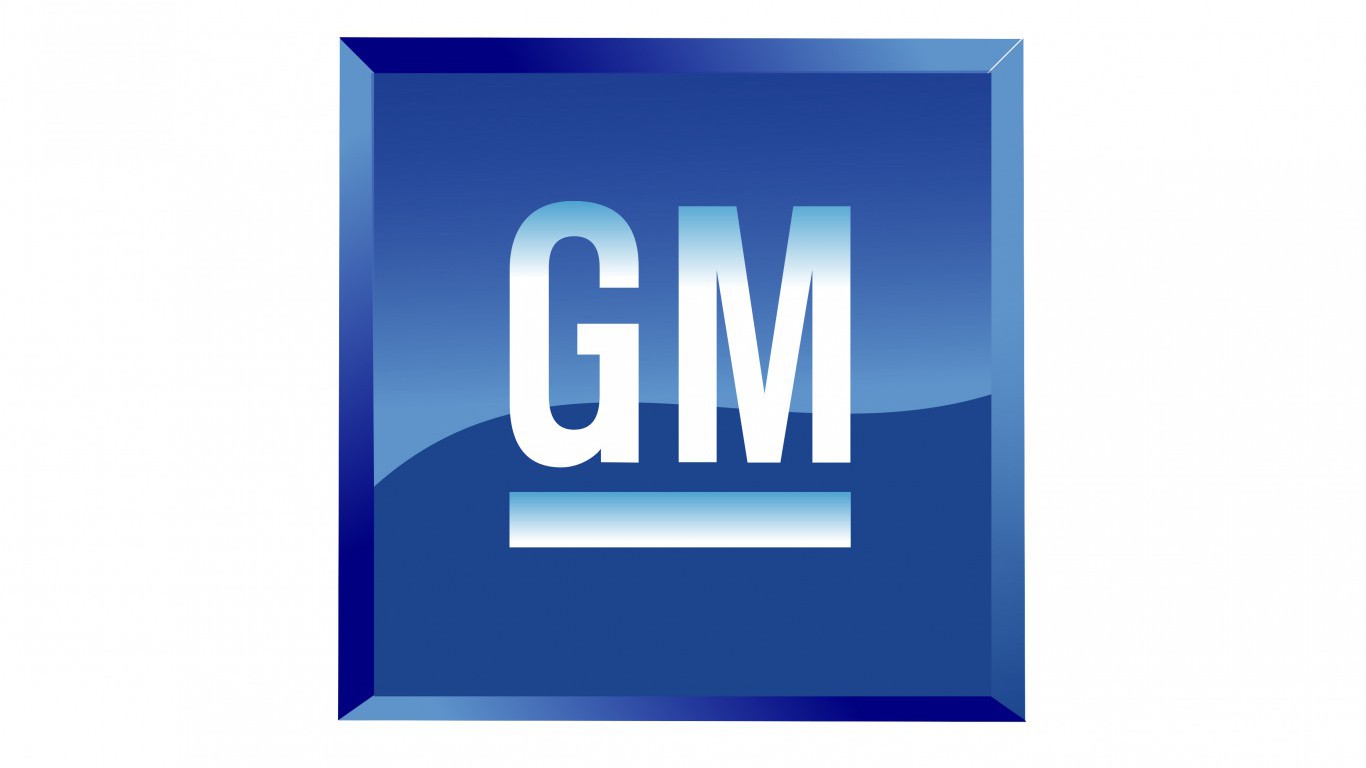
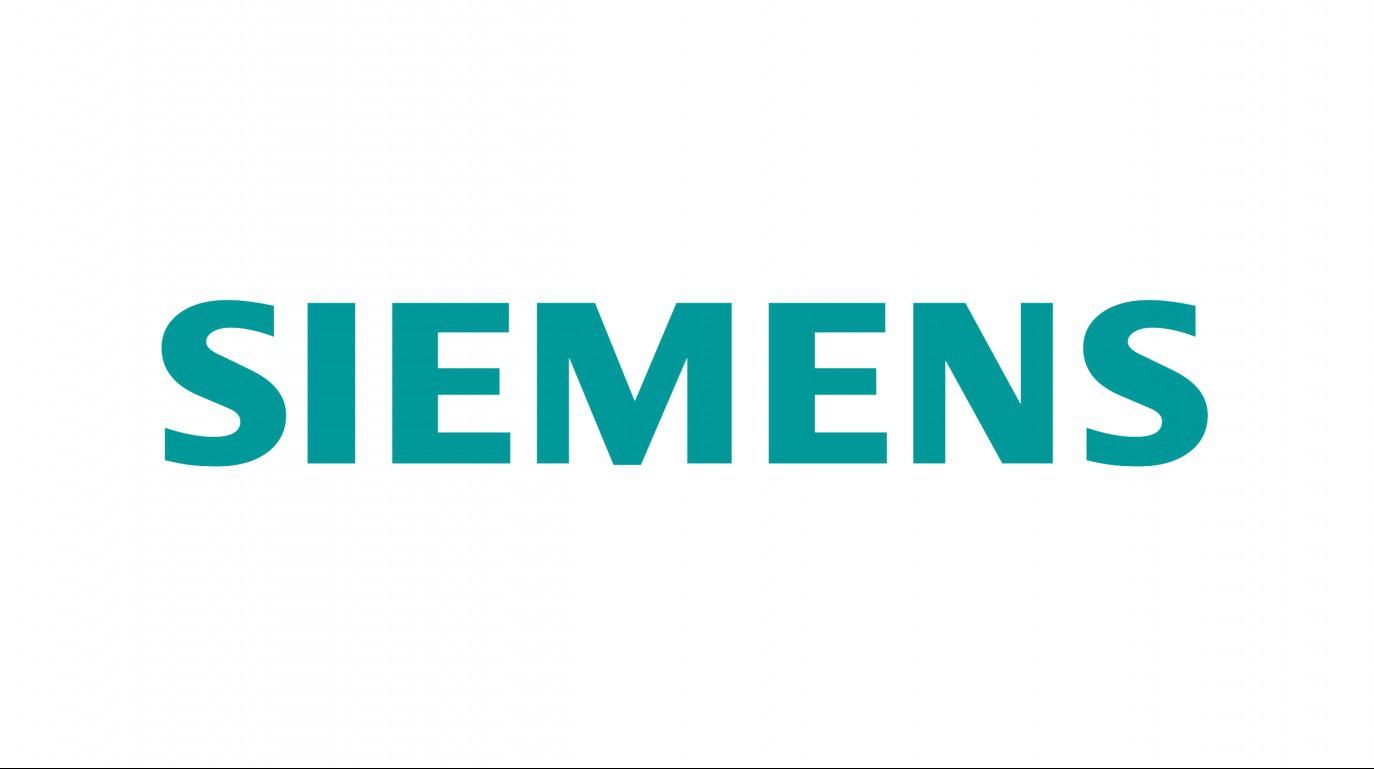
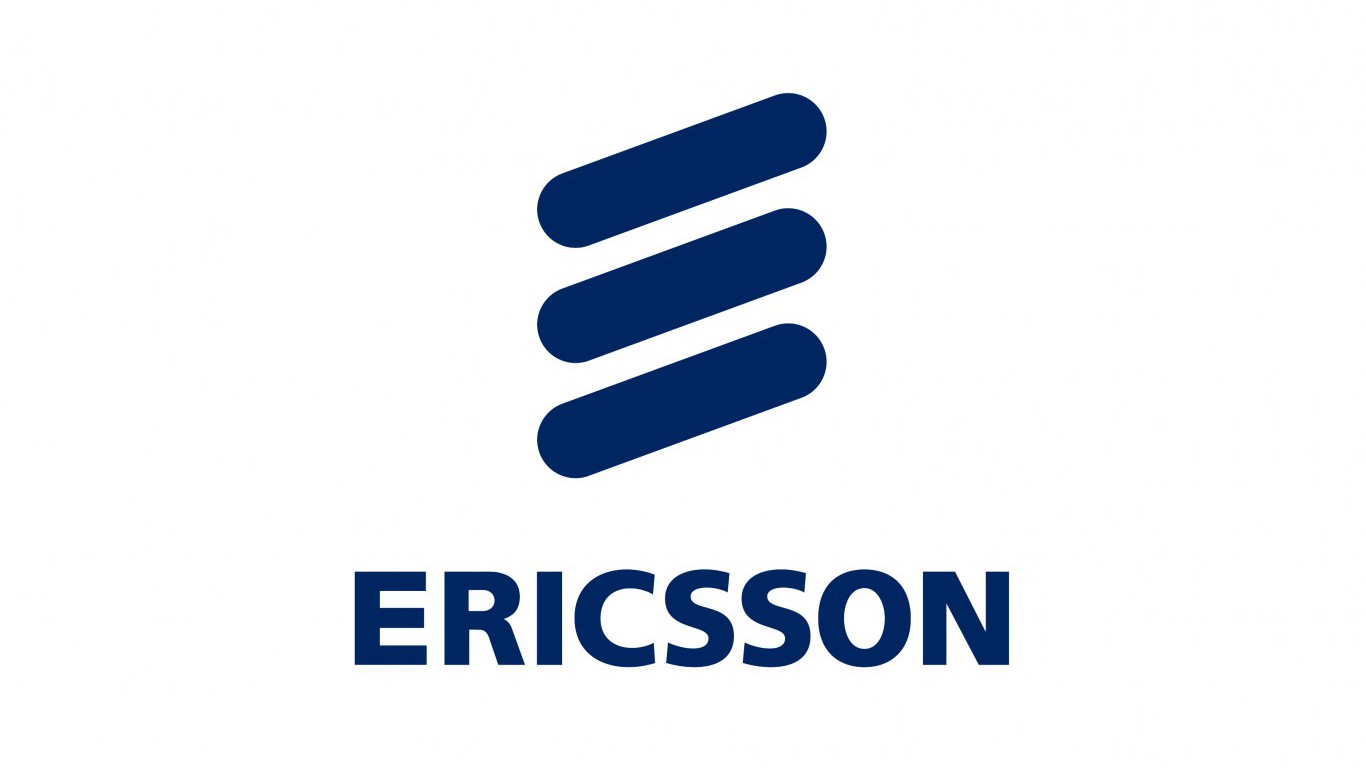
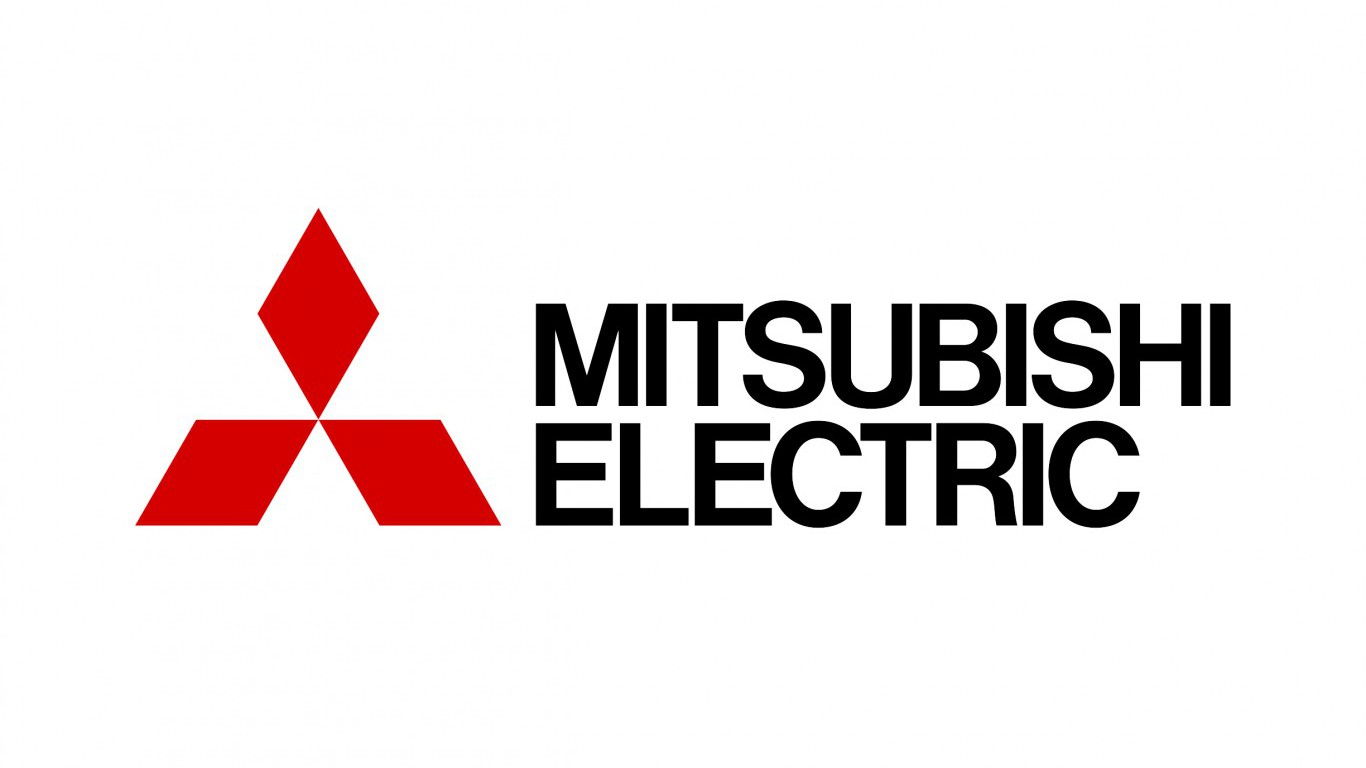
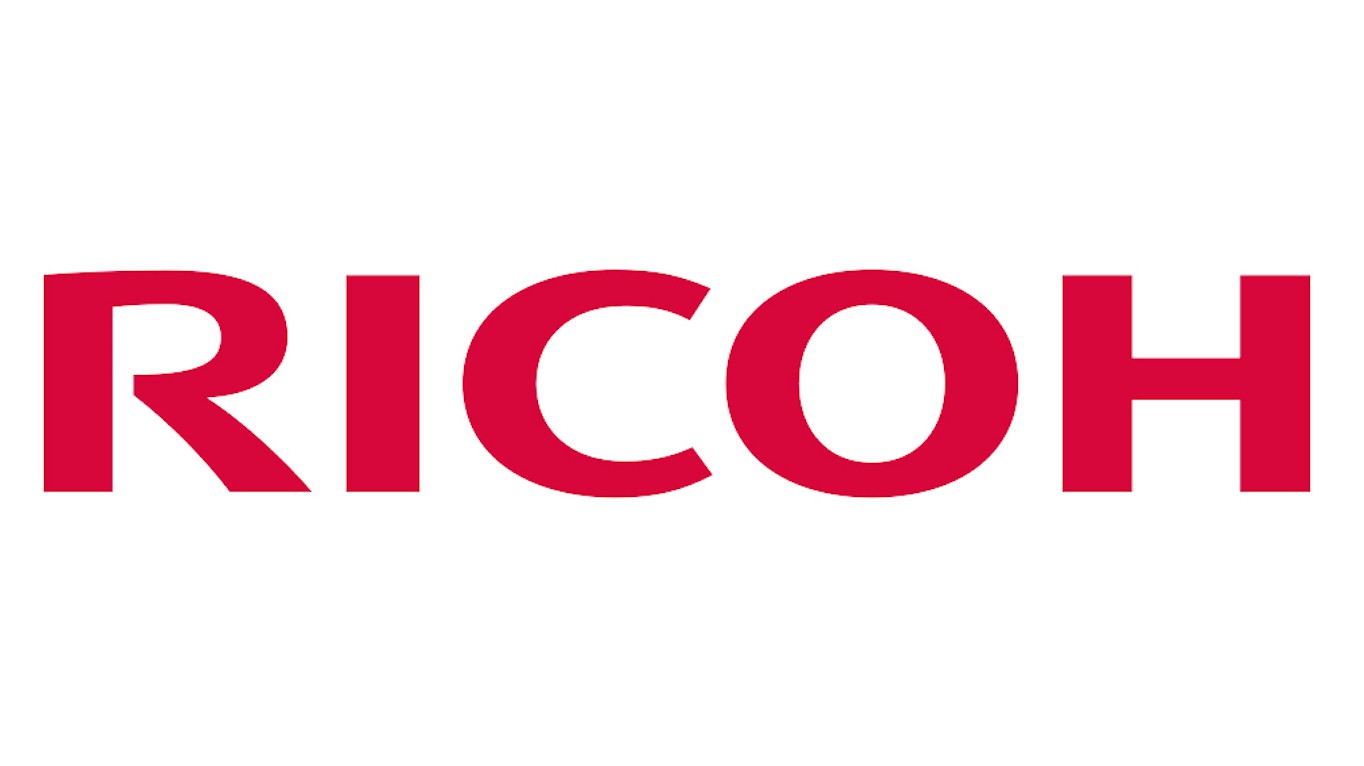
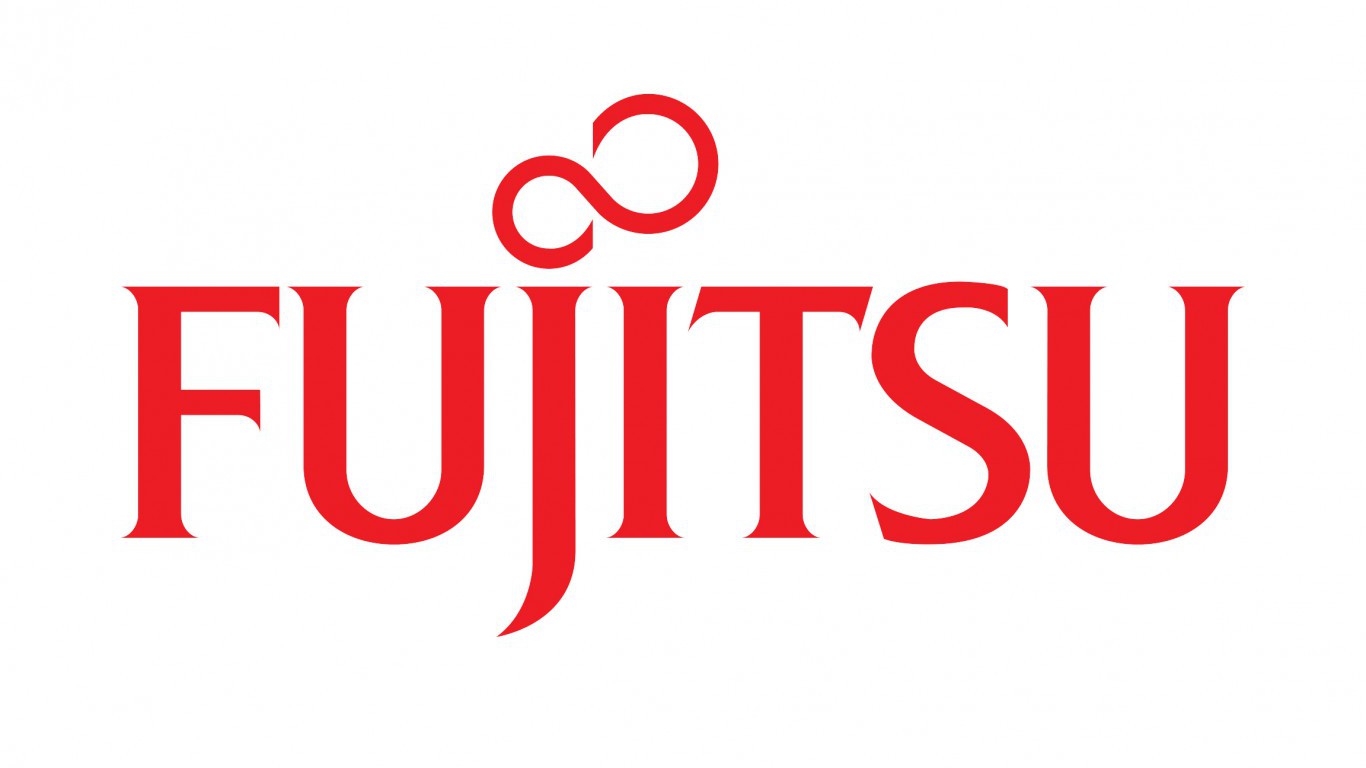
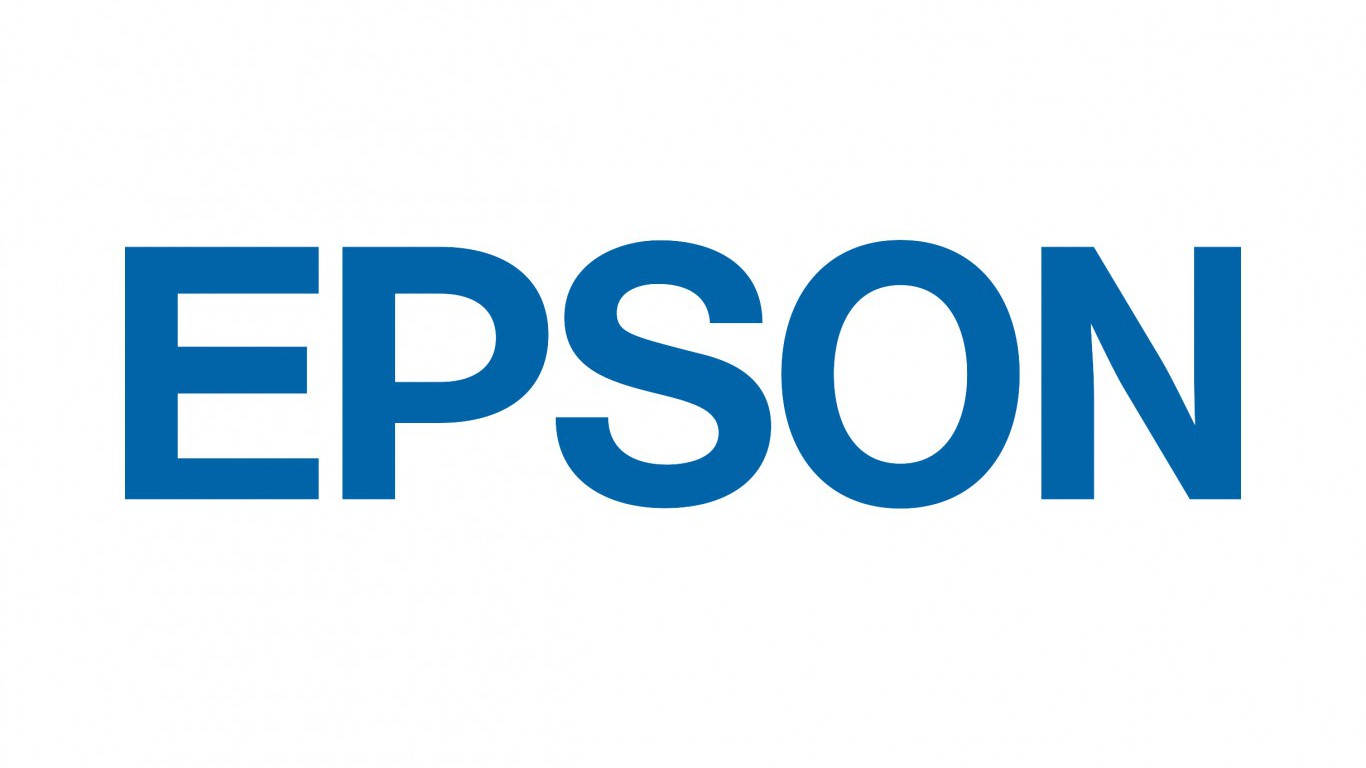

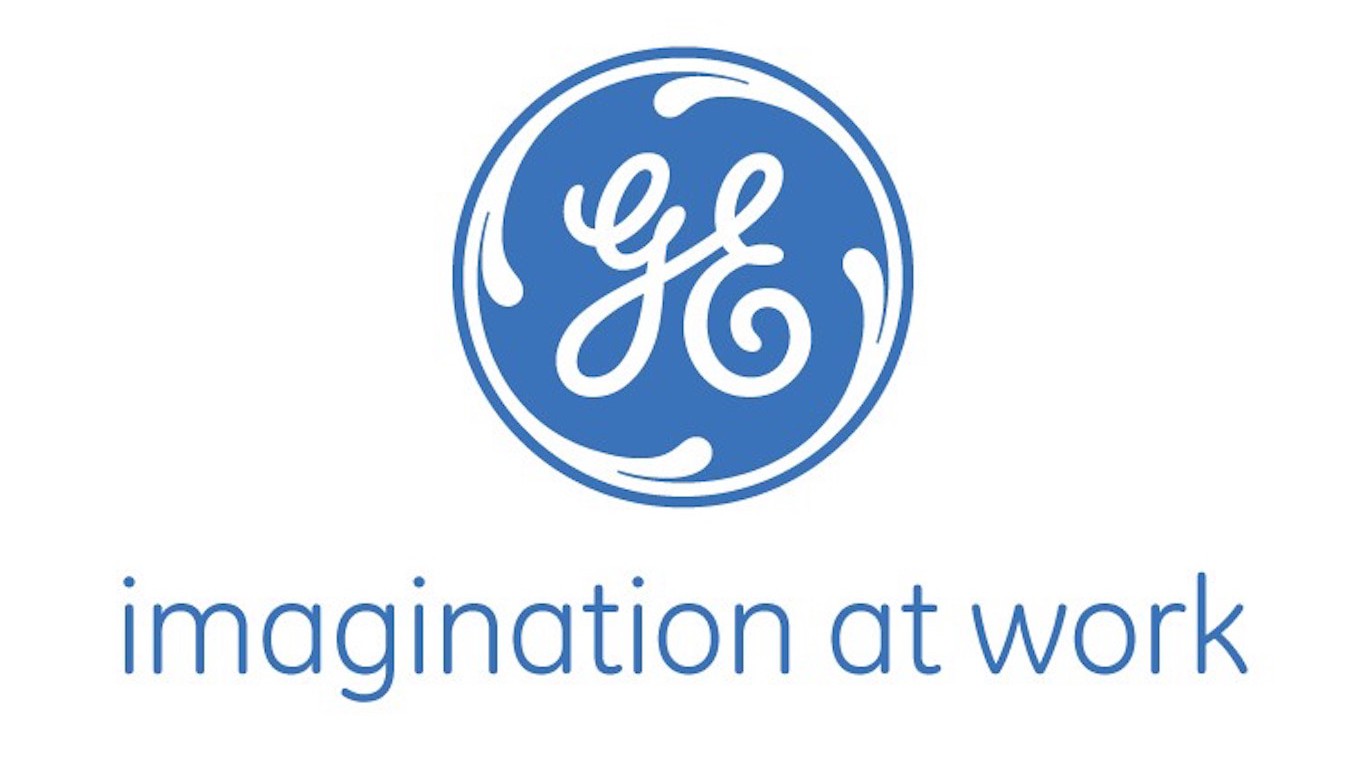
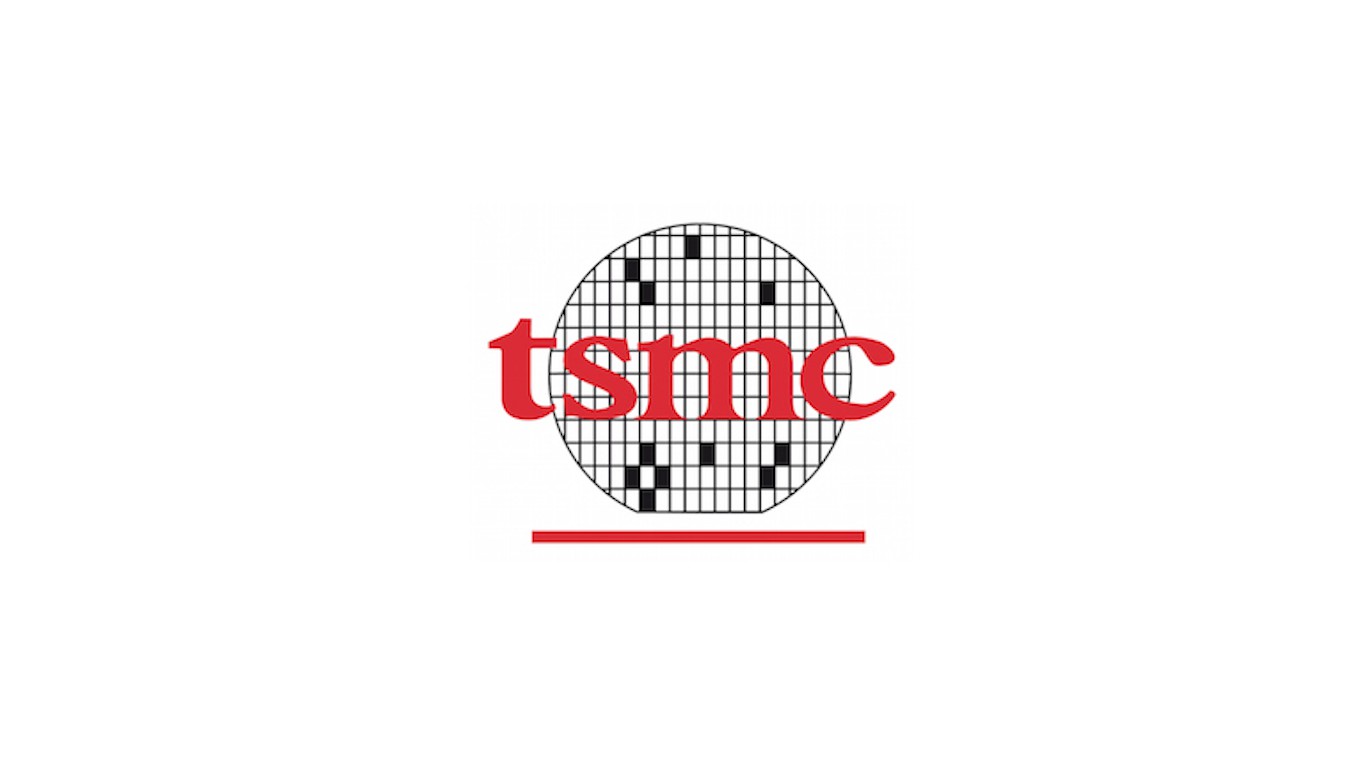
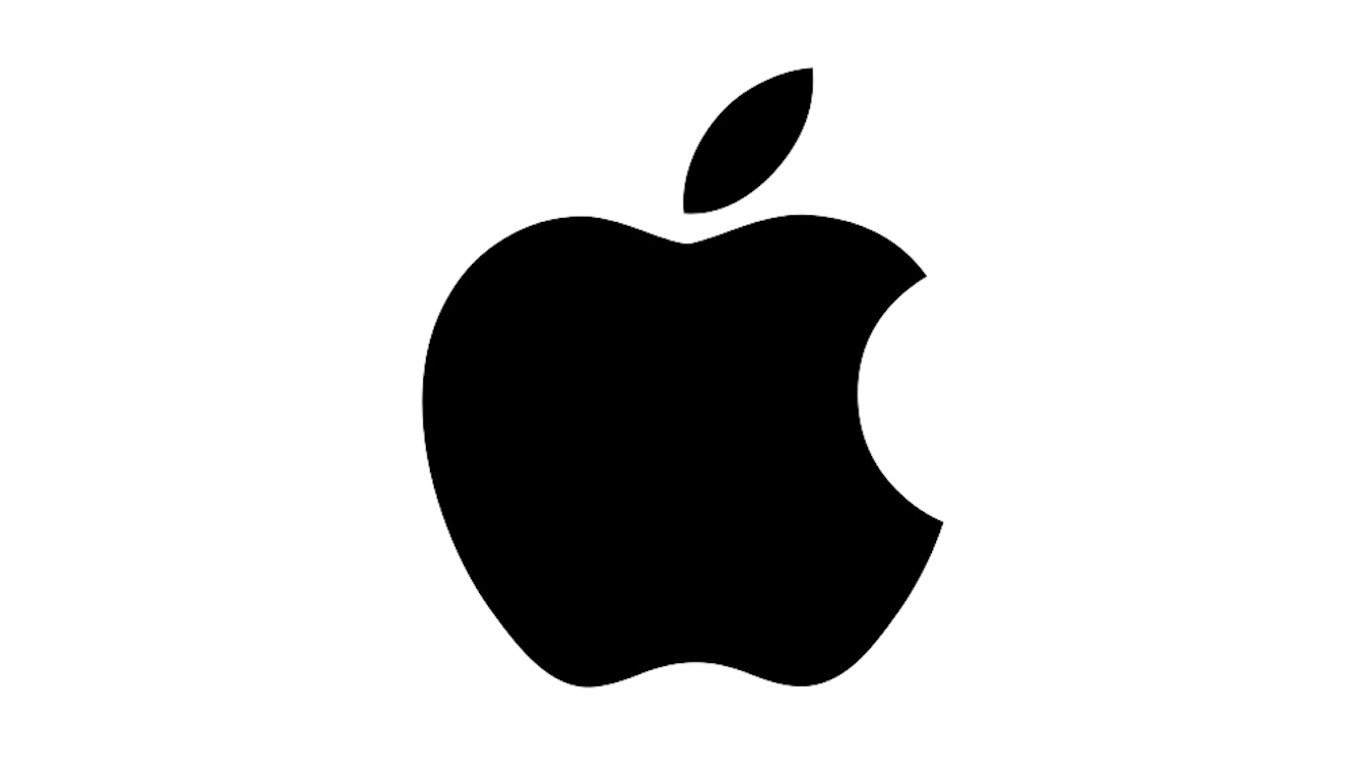
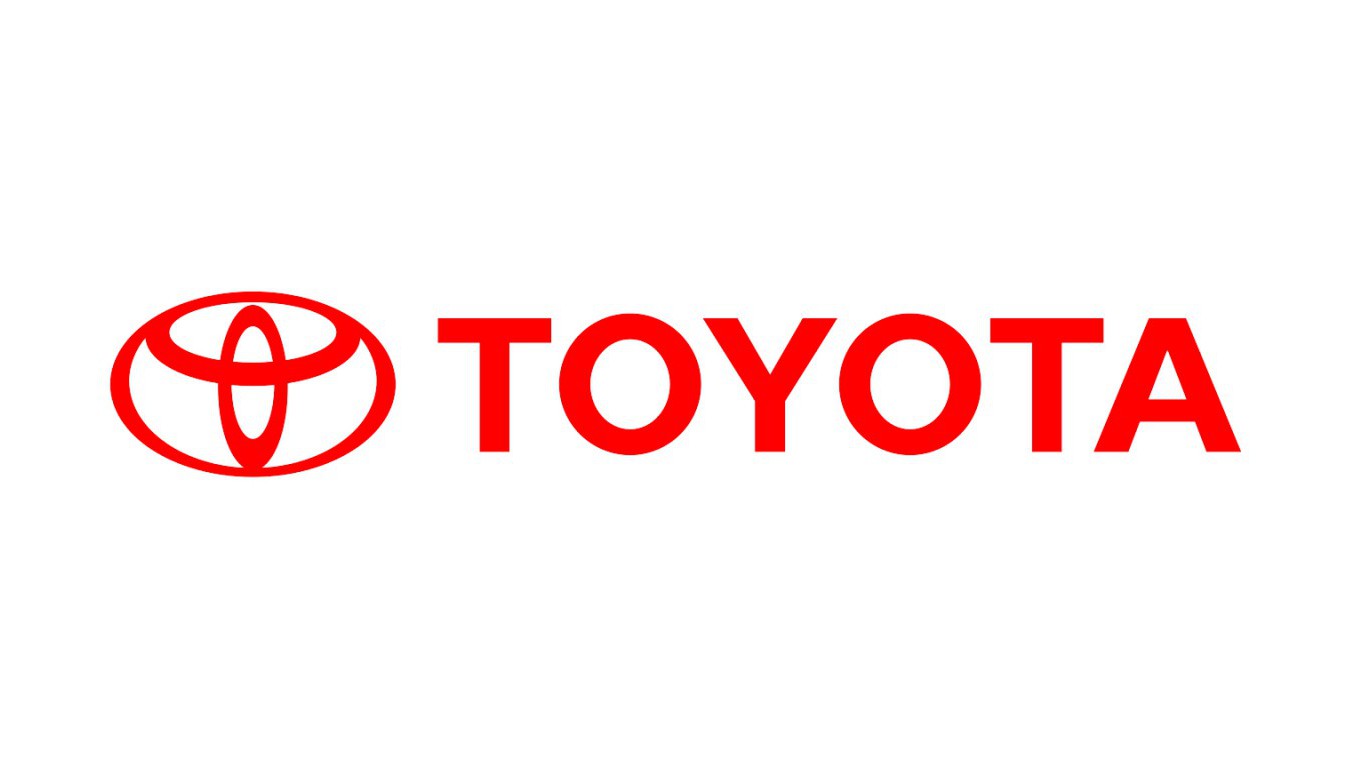
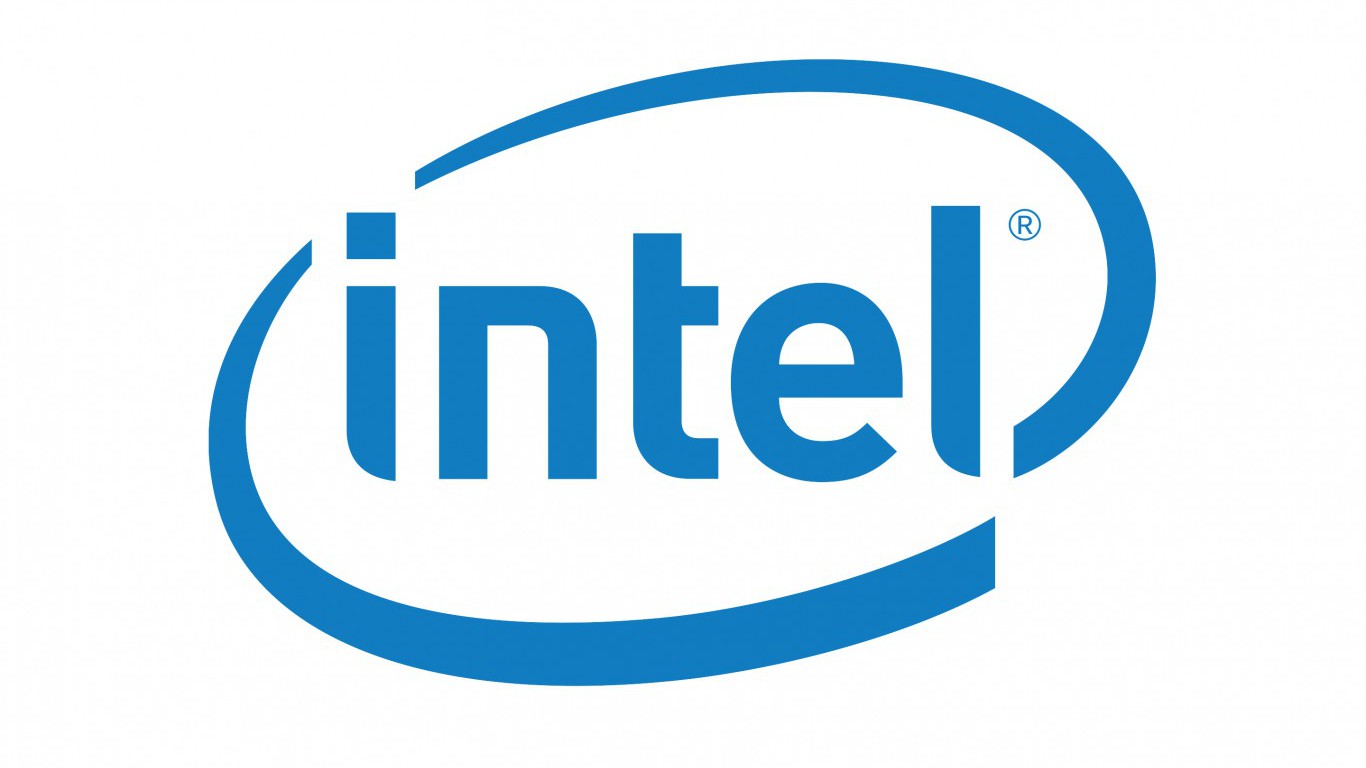
10. Panasonic
> 2015 U.S. patents: 2,408
> 2014 U.S. patents: 2,490
> Pct. change 2014-2015: -3.3%
> Country: Japan
> Products: Televisions, cameras, speakers
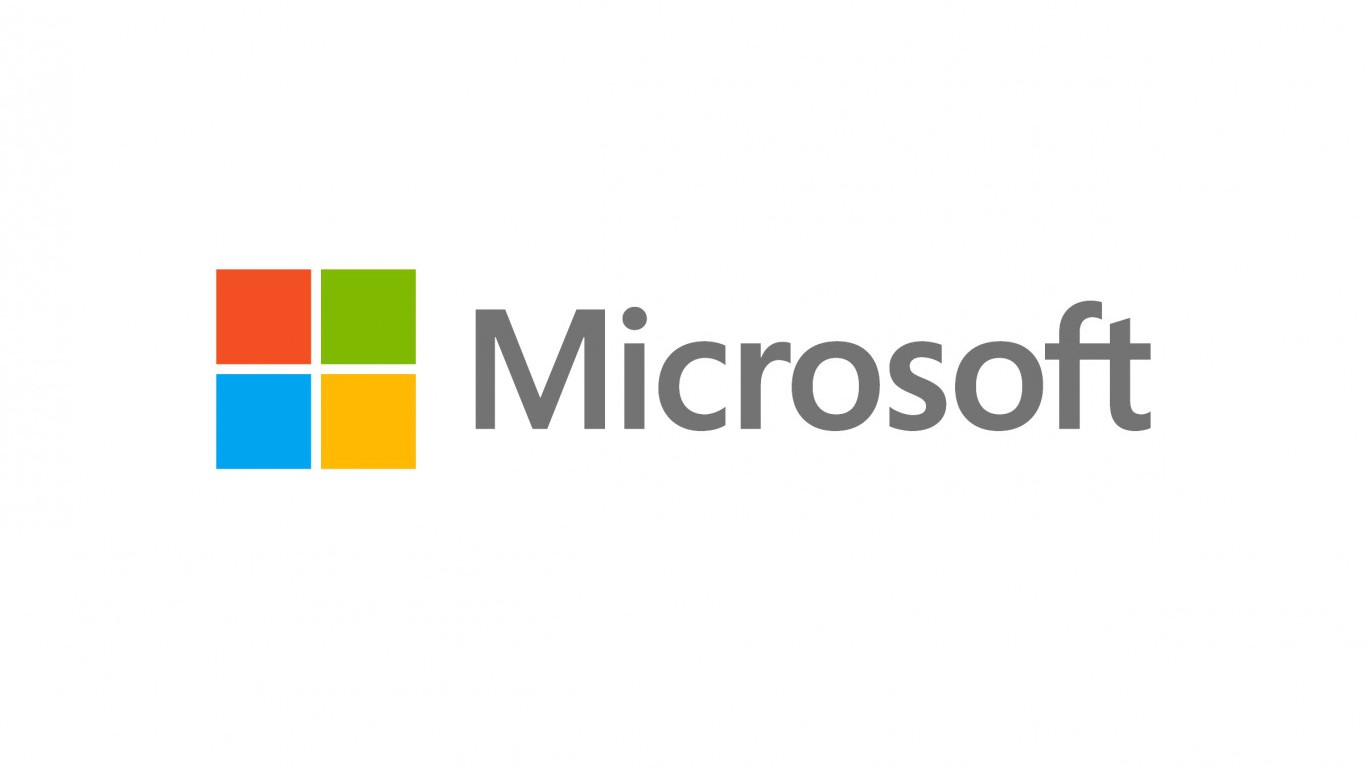
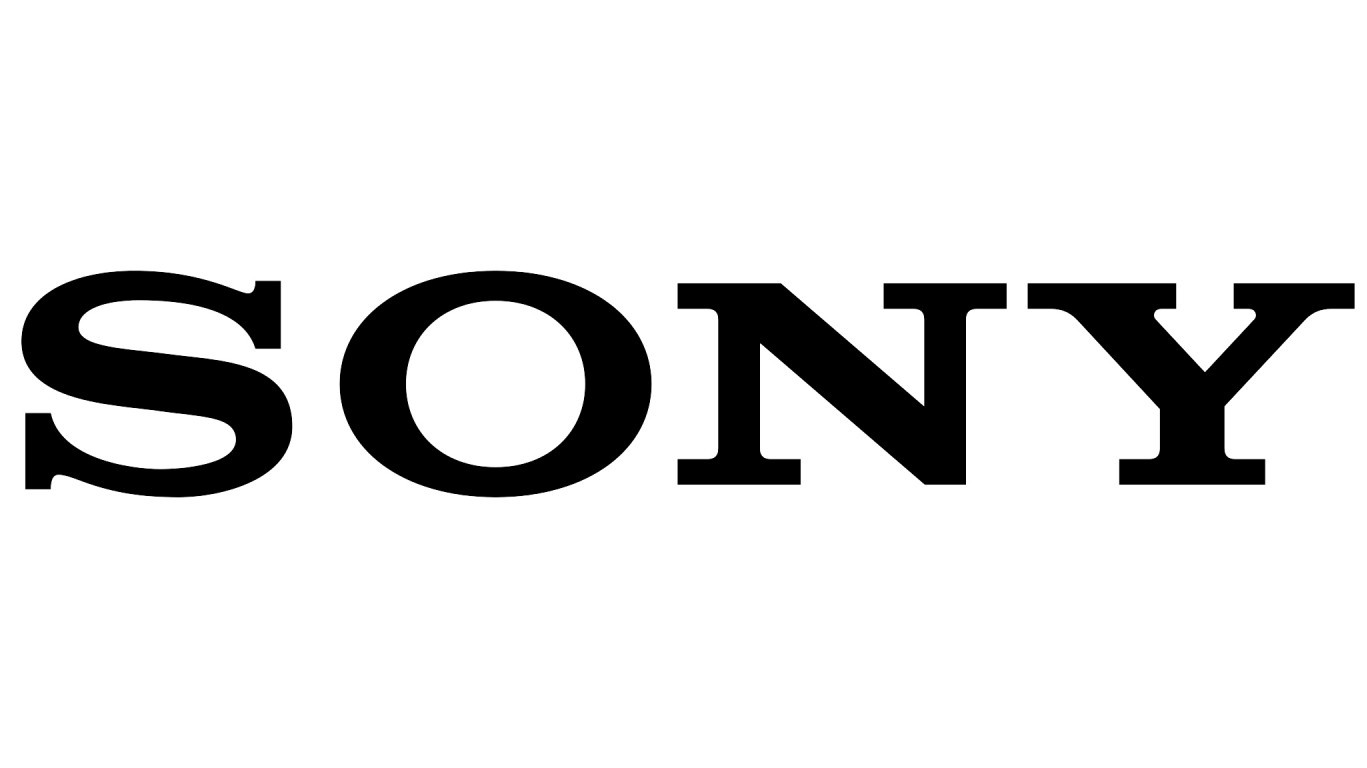
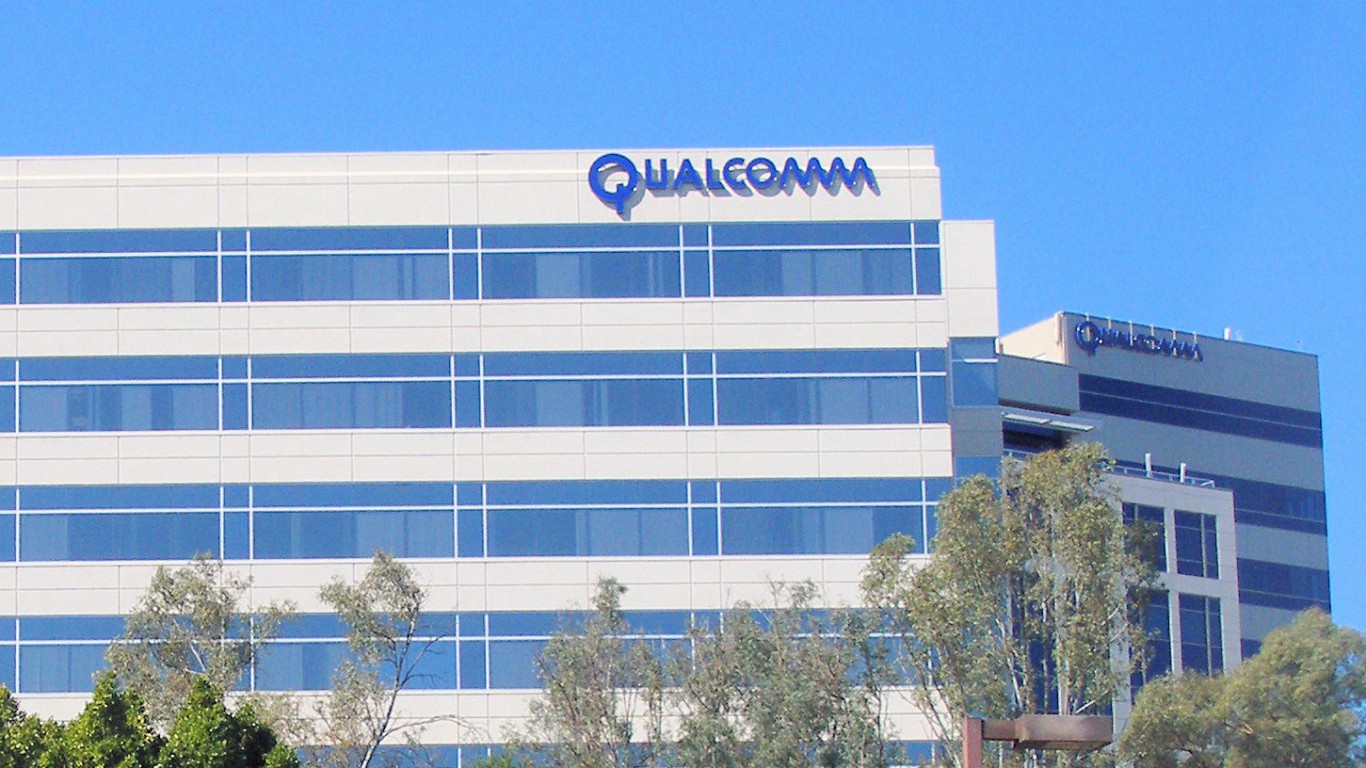
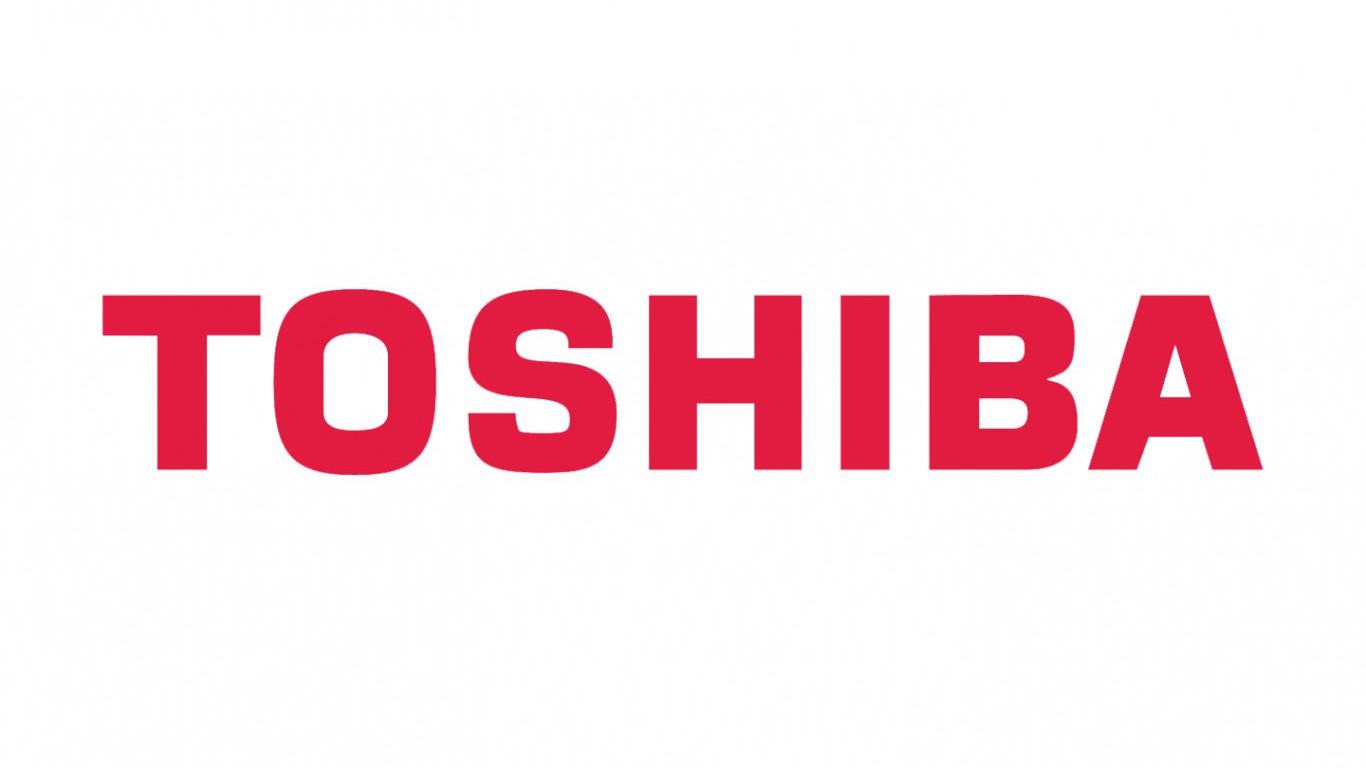

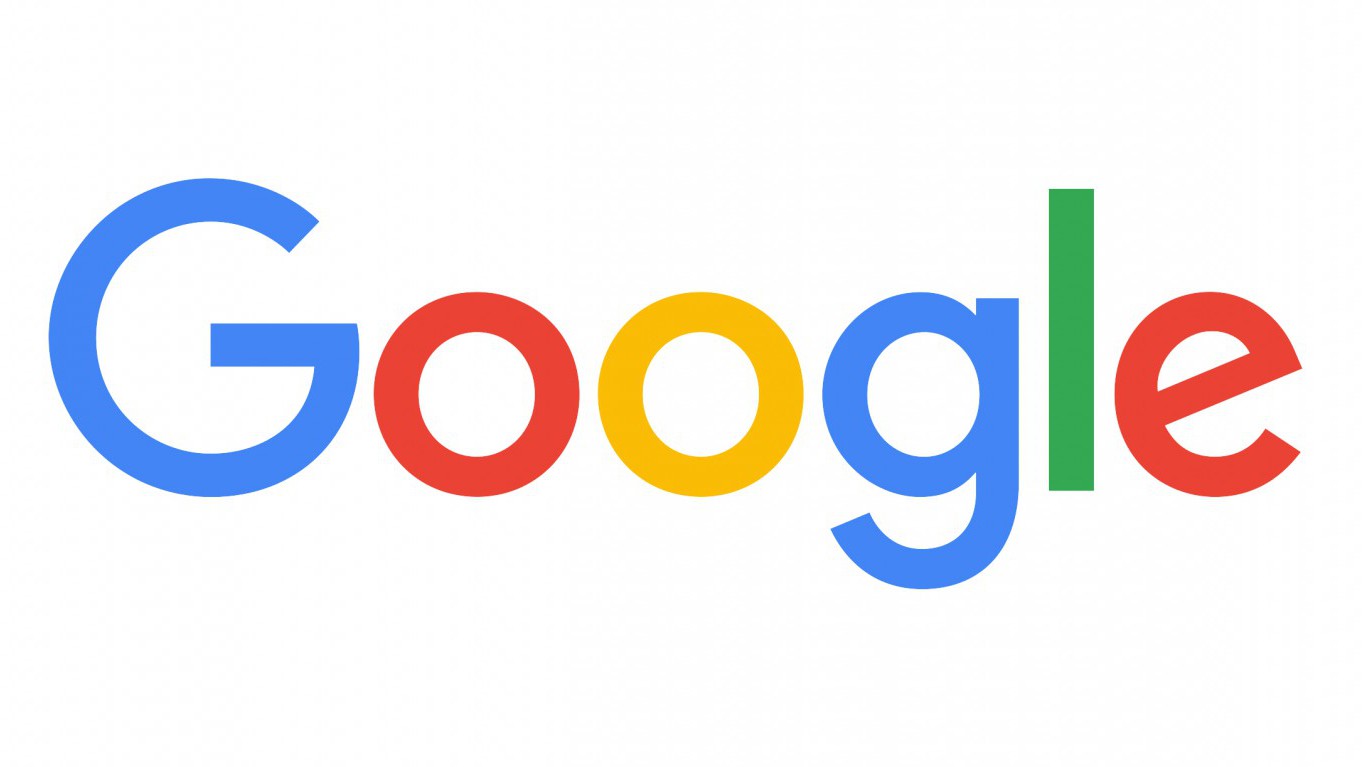
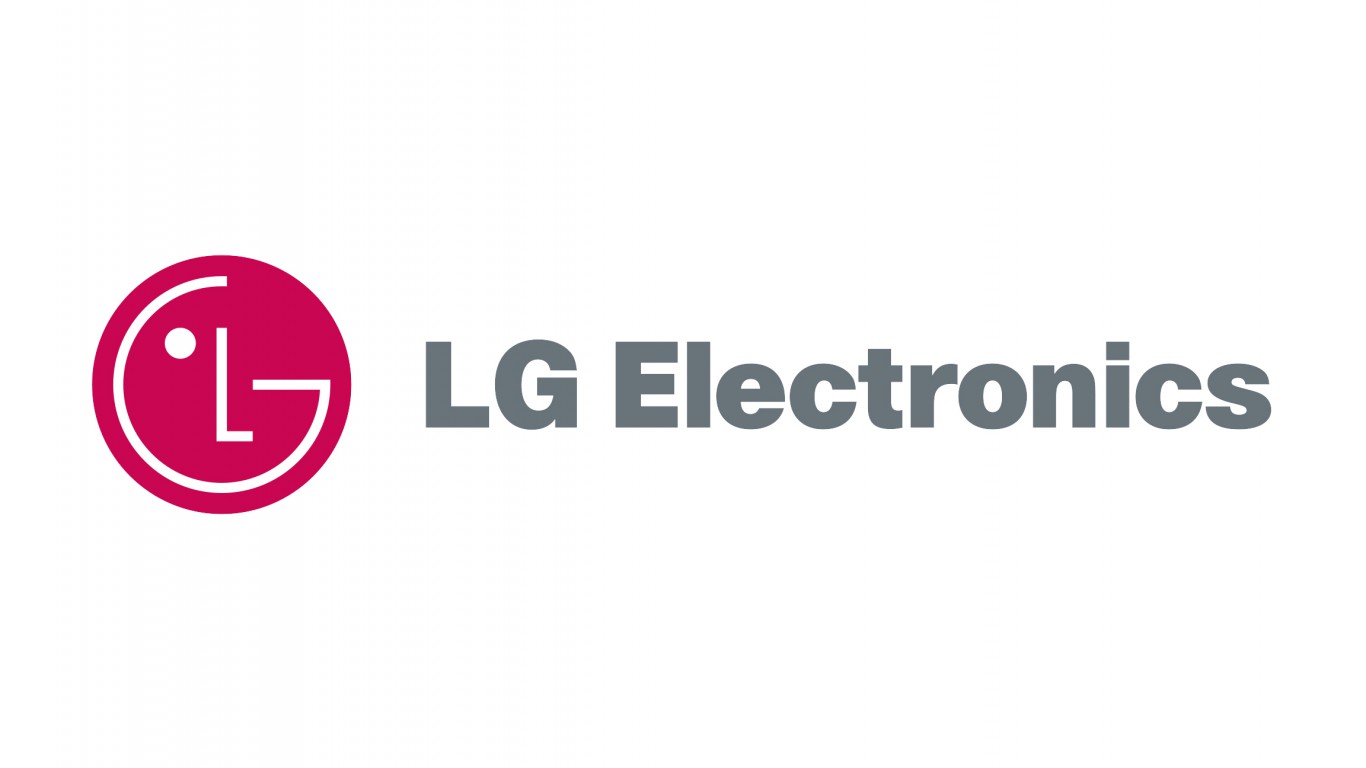
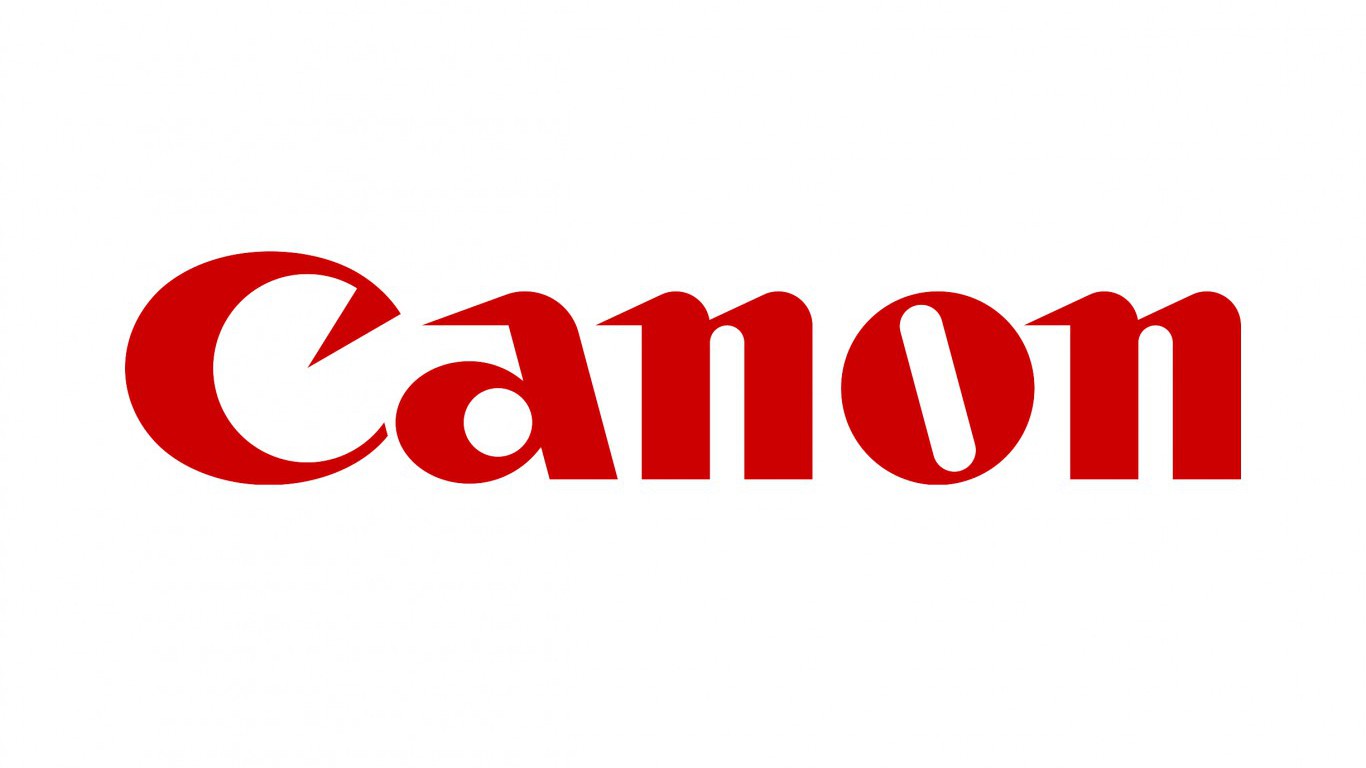
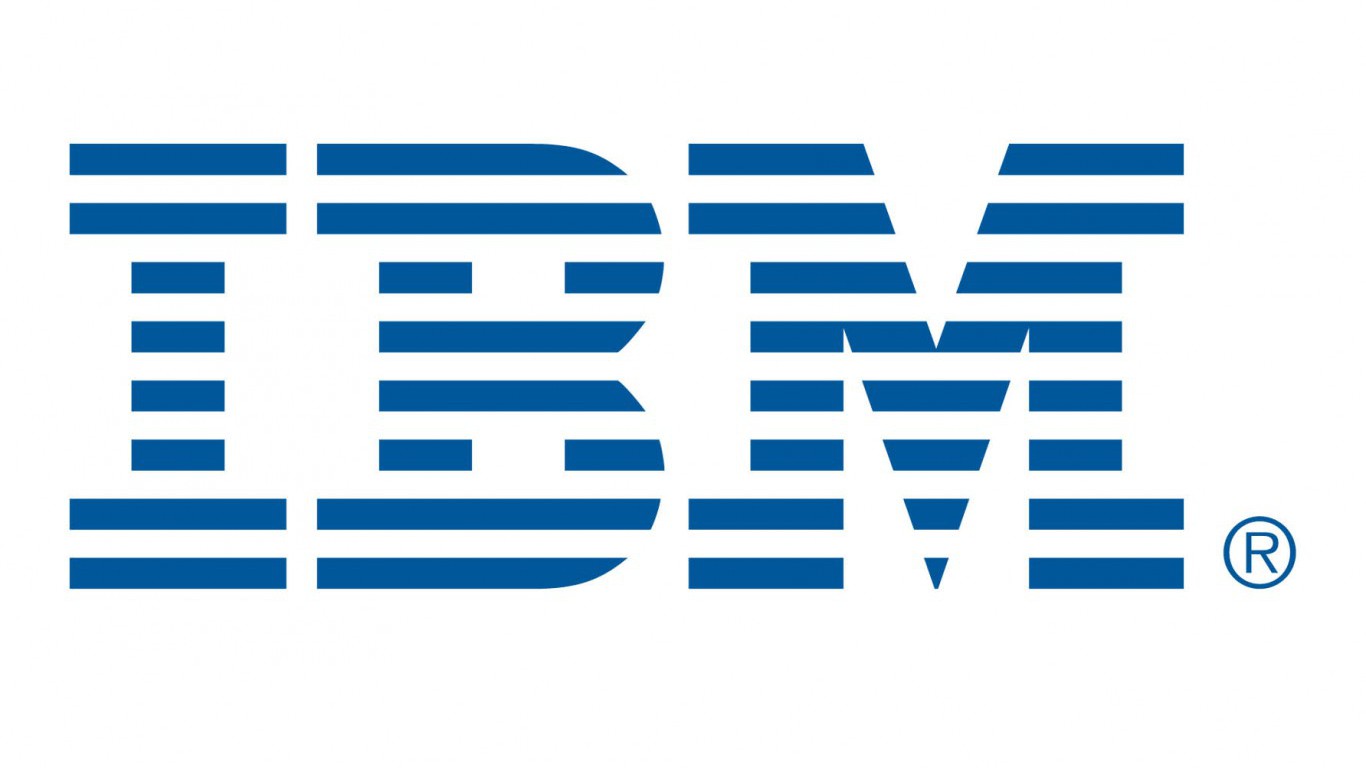
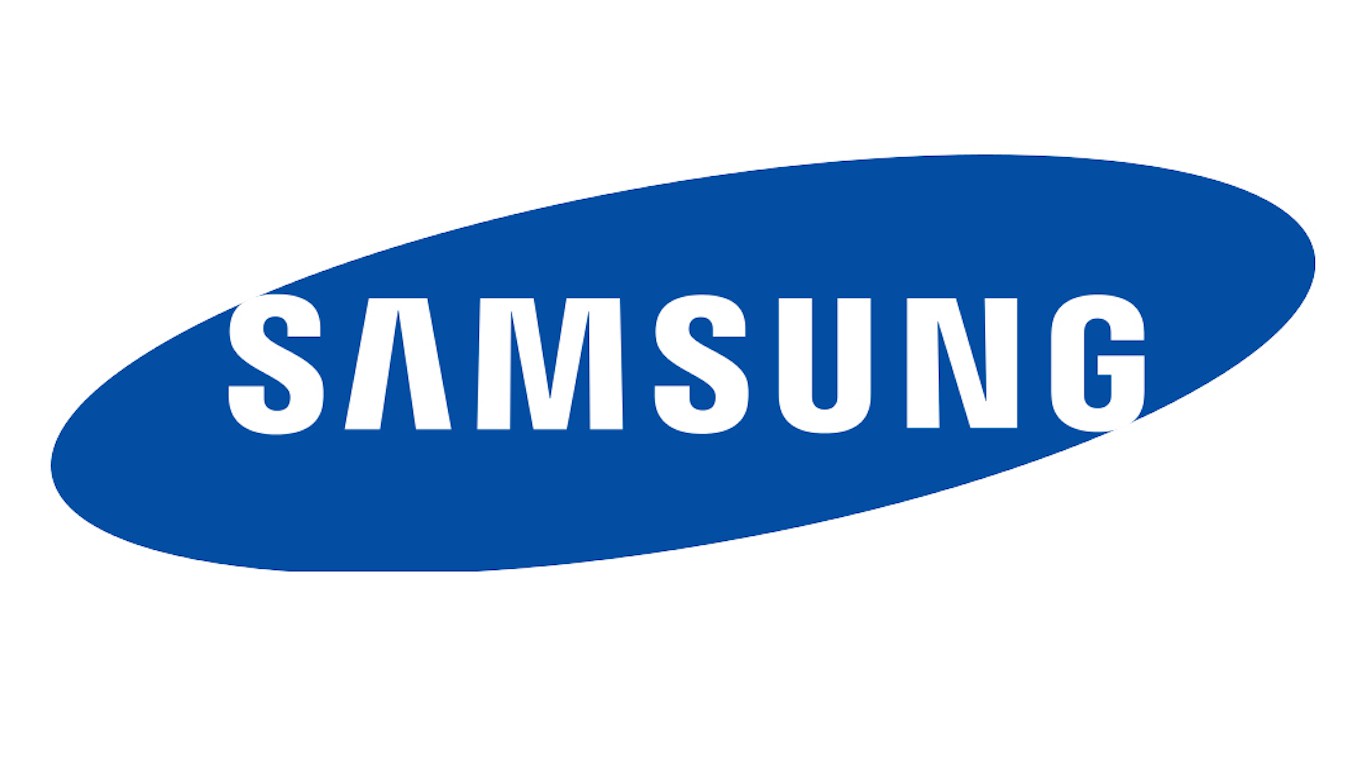
If you’re like many Americans and keep your money ‘safe’ in a checking or savings account, think again. The average yield on a savings account is a paltry .4% today, and inflation is much higher. Checking accounts are even worse.
Every day you don’t move to a high-yield savings account that beats inflation, you lose more and more value.
But there is good news. To win qualified customers, some accounts are paying 9-10x this national average. That’s an incredible way to keep your money safe, and get paid at the same time. Our top pick for high yield savings accounts includes other one time cash bonuses, and is FDIC insured.
Click here to see how much more you could be earning on your savings today. It takes just a few minutes and your money could be working for you.
Thank you for reading! Have some feedback for us?
Contact the 24/7 Wall St. editorial team.